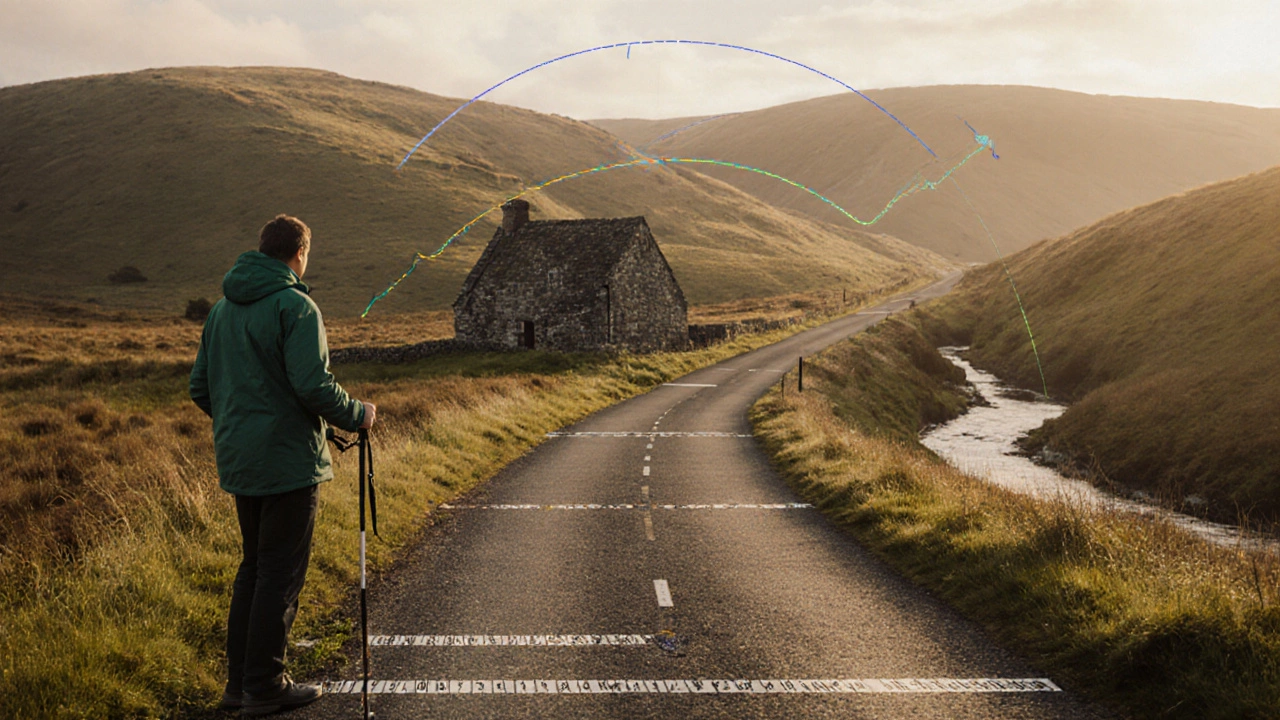Wild Camping Rules
When planning wild camping rules, the collection of UK laws and unofficial guidelines that tell you where, when and how you can pitch a tent or park a motorhome outside of a formal site. Also known as free camping regulations, they keep the countryside tidy and protect the rights of landowners. One popular way to apply these rules is boondocking, setting up a motorhome in a remote spot with no electricity or water hookups. Another is stealth camping, parking discreetly on a lay‑by or in a parking lot and sleeping low‑key to avoid attention. If you love the sound of waves, free beach camping, camping on coastal dunes where local bylaws allow overnight stays can be a legal sweet spot when you follow the right guidelines. wild camping rules weave these activities together, setting boundaries that let you explore responsibly.
Why the Rules Matter and How They Shape Your Trip
At their core, wild camping rules aim to balance freedom with respect for the land. In England and Wales, the law typically requires explicit permission from the landowner, while Scotland grants broader access under the Land Reform Act. This legal split creates a clear semantic link: wild camping rules require permission in England and Wales but grant general rights in Scotland. For national forest areas, the rule expands to include a simple permit process, meaning national forest camping is governed by the same set of rules but adds a paperwork step. Understanding this hierarchy helps you decide whether a remote hilltop, a forest clearing, or a hidden beach is a viable option without risking fines or eviction.
Practical preparation follows the legal framework. First, use a GPS or mapping app that highlights public rights‑of‑way and designated free‑camping zones. Second, carry a low‑impact kit: a portable toilet, a compact stove, and a leave‑no‑trace bag for rubbish. Third, check local council websites for seasonal restrictions—many coastal dunes close to campers during nesting season, linking free beach camping rules directly to wildlife protection measures. Finally, always leave the spot cleaner than you found it; this courtesy keeps the rules favorable and the community supportive.
Our collection below pulls together real‑world advice from seasoned motorhome travelers and wild‑camping enthusiasts. You’ll find detailed breakdowns of boondocking set‑up, stealth‑camping safety tricks, free beach locations that actually welcome overnight stays, and step‑by‑step guides for navigating national forest permits. Dive in to see how each piece fits into the broader picture of UK wild camping rules, and get ready to hit the road with confidence and respect for the outdoors.
-
 VIEW POST
VIEW POSTWhat Does the UK 36 Rule Mean for Campsites?
Oct, 14 2025|0 CommentsLearn what the UK 36 rule means for campsites, why it matters, how to apply it, and what can happen if you ignore the guideline.